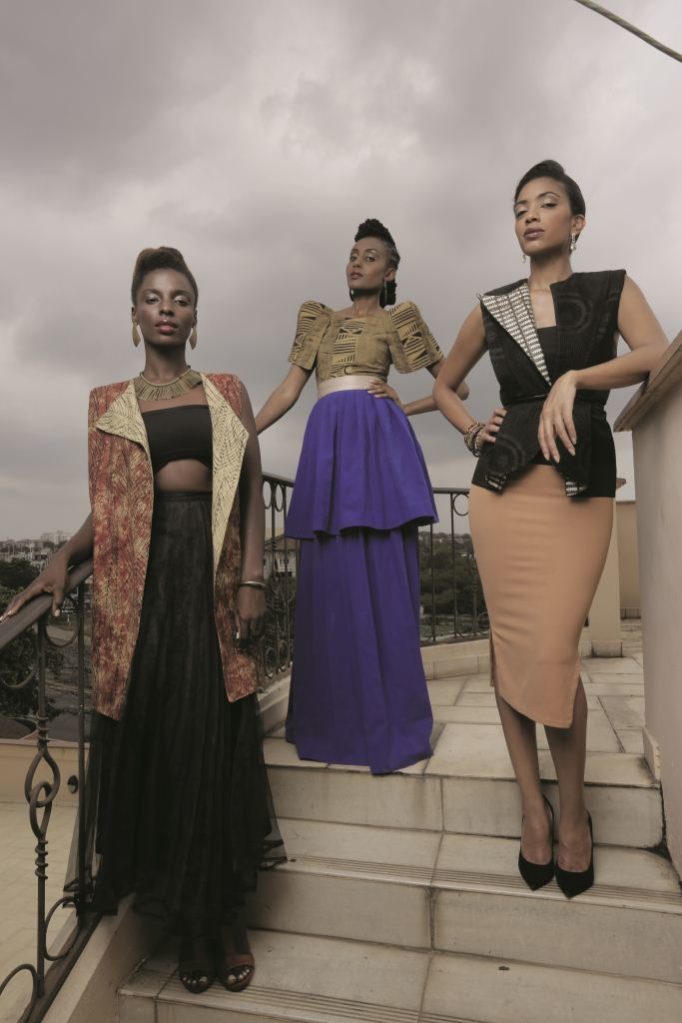Every time Nicole Amarteifio turned on primetime television in Ghana, she struggled to find a character she could identify with. A character who was a strong, black, college-educated woman born in Ghana and raised in America, just like her.
Amarteifio soon found she was not alone in her thinking; other women she knew also shared her sentiments, tired of seeing African women playing supporting roles on TV or nothing at all.
And then, one day, watching re-runs of Sex and the City, the popular American TV series, the idea hit Amarteifio: why not create an African version of the show?
Thus was born An African City, a YouTube web series following the lives of five women who, after years abroad, return to Ghana.
“African women, for so long, have been told that they are invisible, it [was] important to have a show that screams out: ‘Not true! You are visible and I see you’,” says Amarteifio.
She drew on her own life for inspiration. At a young age, her family had relocated from Ghana to New York. Her father wanted the family to experience ‘the American dream’ as he once had as a student at Wesleyan University, Connecticut.
But life in The Big Apple was not easy. “I grew up in a neighborhood where I was often the only black child in my entire class, which meant often having a swarm of white faces that would look at me when subjects such as black crime in the inner city or name-a-disease on the African continent came up.”
She decided she was going to find out what it meant, for her, to be black.
When her maternal grandmother visited the family in New York, she would enlighten her with stories from her life in Ghana as Queen Chief in the town of Akuapem in the Eastern Region.
“She would tell me stories about her Caucasian husband who worked for the British colonial government… my grandparents’ interracial marriage was among one of the first documented interracial marriages in West Africa,” she says.
Amarteifio looked forward to summer holidays in Accra where she would immerse herself in the culture.

cars in africa?
“After a while, I was less interested in ‘the American dream’ of my parents [and] more interested in what ‘the African dream’ could mean for me and my peers.”
After a bachelor’s degree in African Studies from Brandeis University, in Waltham, Massachusetts, she relocated to Ghana where she worked in various companies, hoping to change the way African women were portrayed in the media. But a career in media didn’t satisfy her; she felt she could impact more people with TV.
In the first episode of My African City, Amarteifio depicts a situation many Africans can relate to. When Nana Yaa (played by actress MaameYaa Boafo) proudly gives her Ghanaian passport to the immigration officer, he responds saying: “You’re Ghanaian? You don’t look or sound like a Ghanaian.”
“There are so many of us who have left and have returned, but we are no less African. I will not be marginalized and I will not be told who I am…rather, let me tell you who I am,” says Amarteifio.
Since its debut in March 2014, An African City has resonated with many people around the world. But the show has had many challenges.
Initially Amarteifio struggled to convince investors and TV networks to buy into the concept. She invested $1,000 from her savings into the series, and cut costs by using YouTube to broadcast her show.
“There are certainly some people from the West who watch the show and say, ‘Wait? They have cars in Africa?’ My series is about showing the Africa they never show you.”
As the series, now shooting its third season, gains success, Amarteifio hopes people will start to see Africa in a positive light, highlighting success stories.
“There are flaws in the ‘Africa Rising’ rhetoric, but I would take that rhetoric over the ‘Dark Continent’ message any day,” she says.
